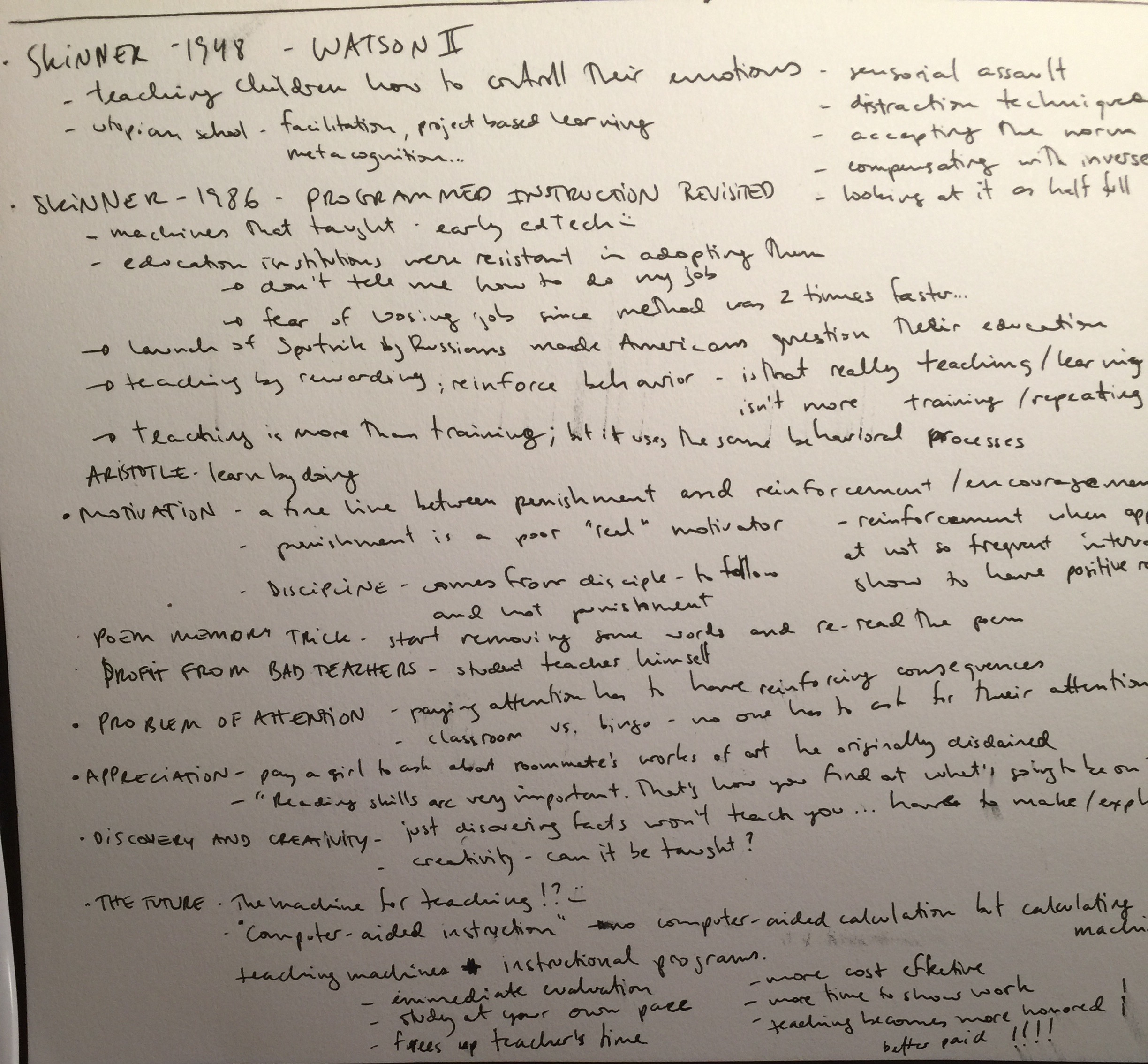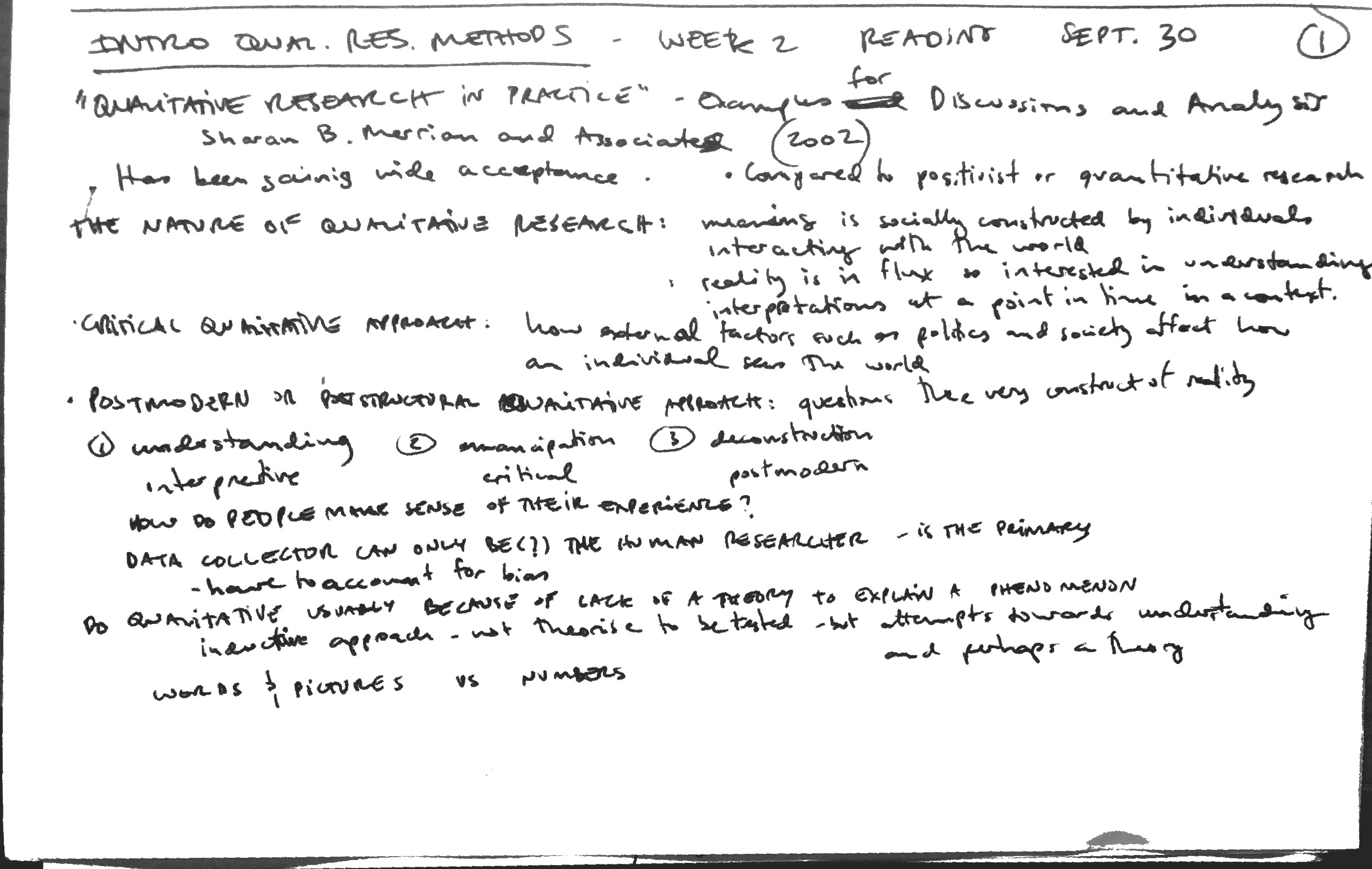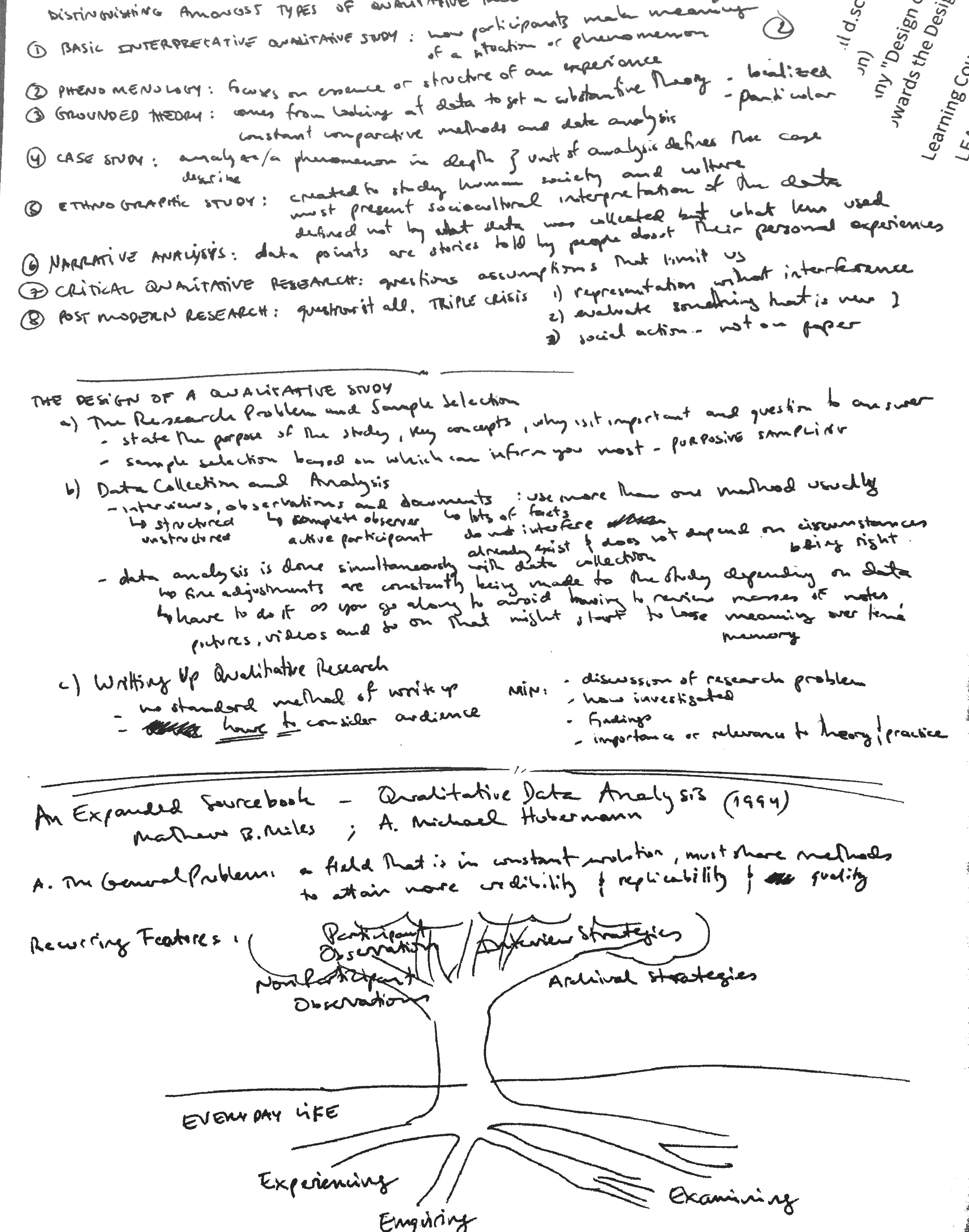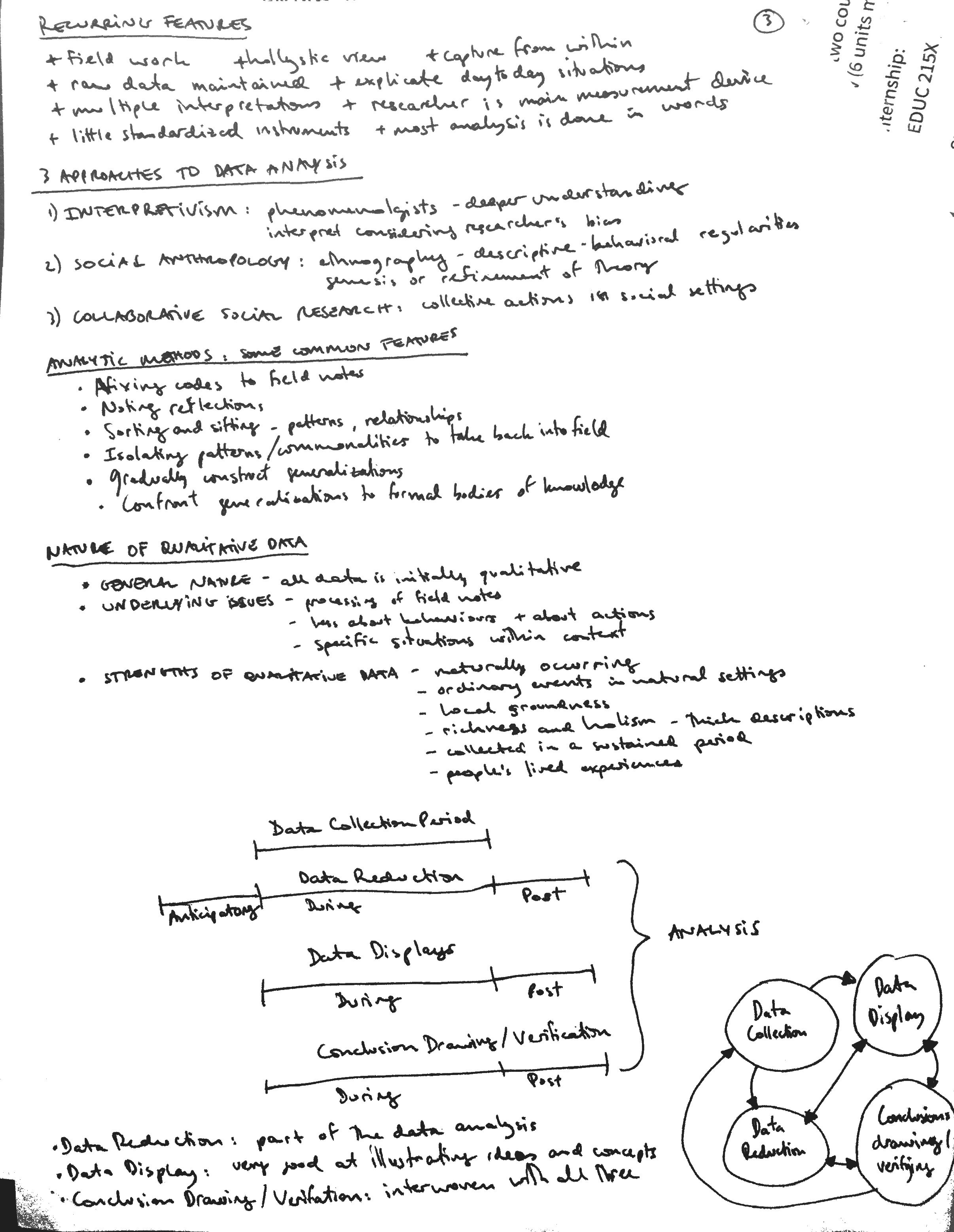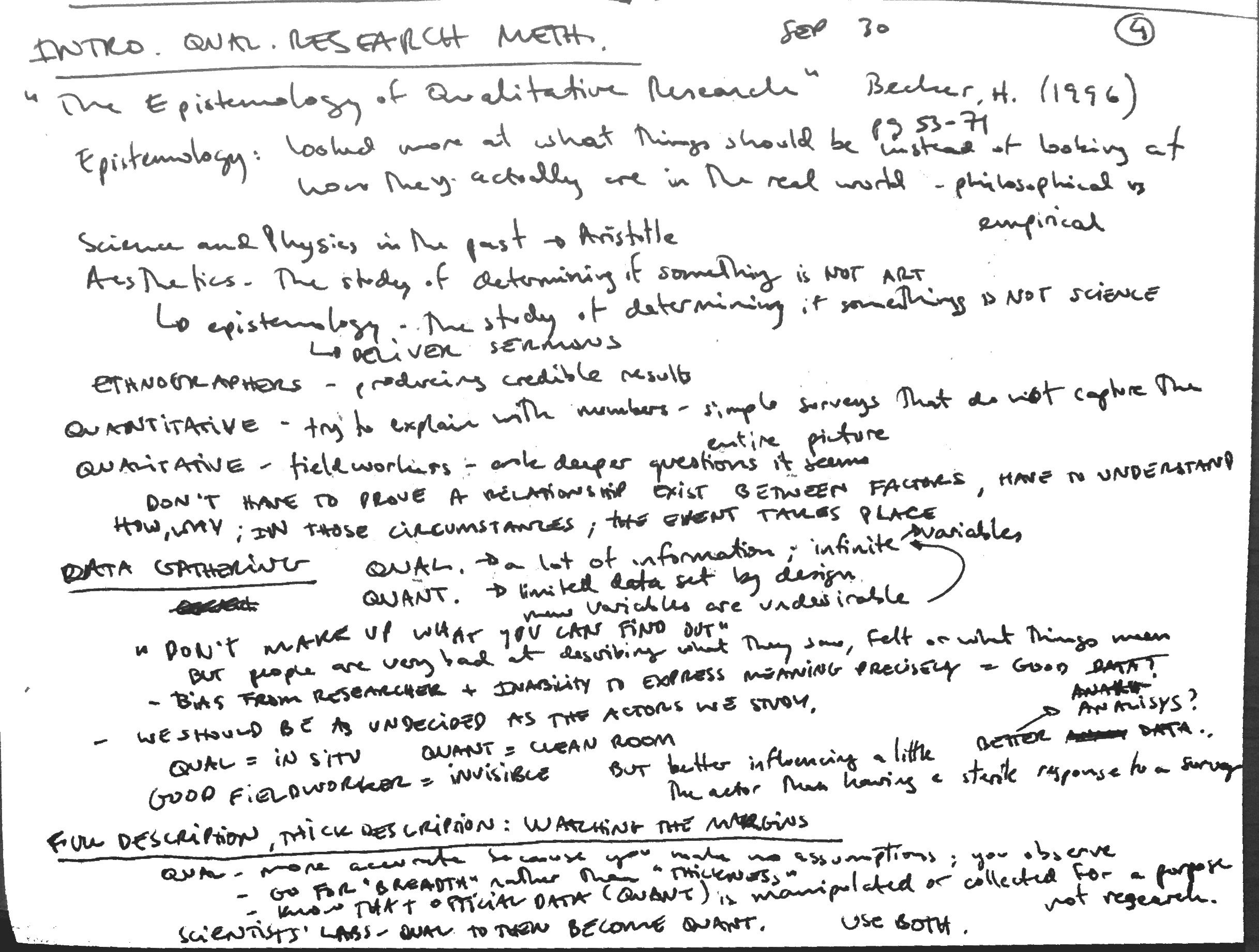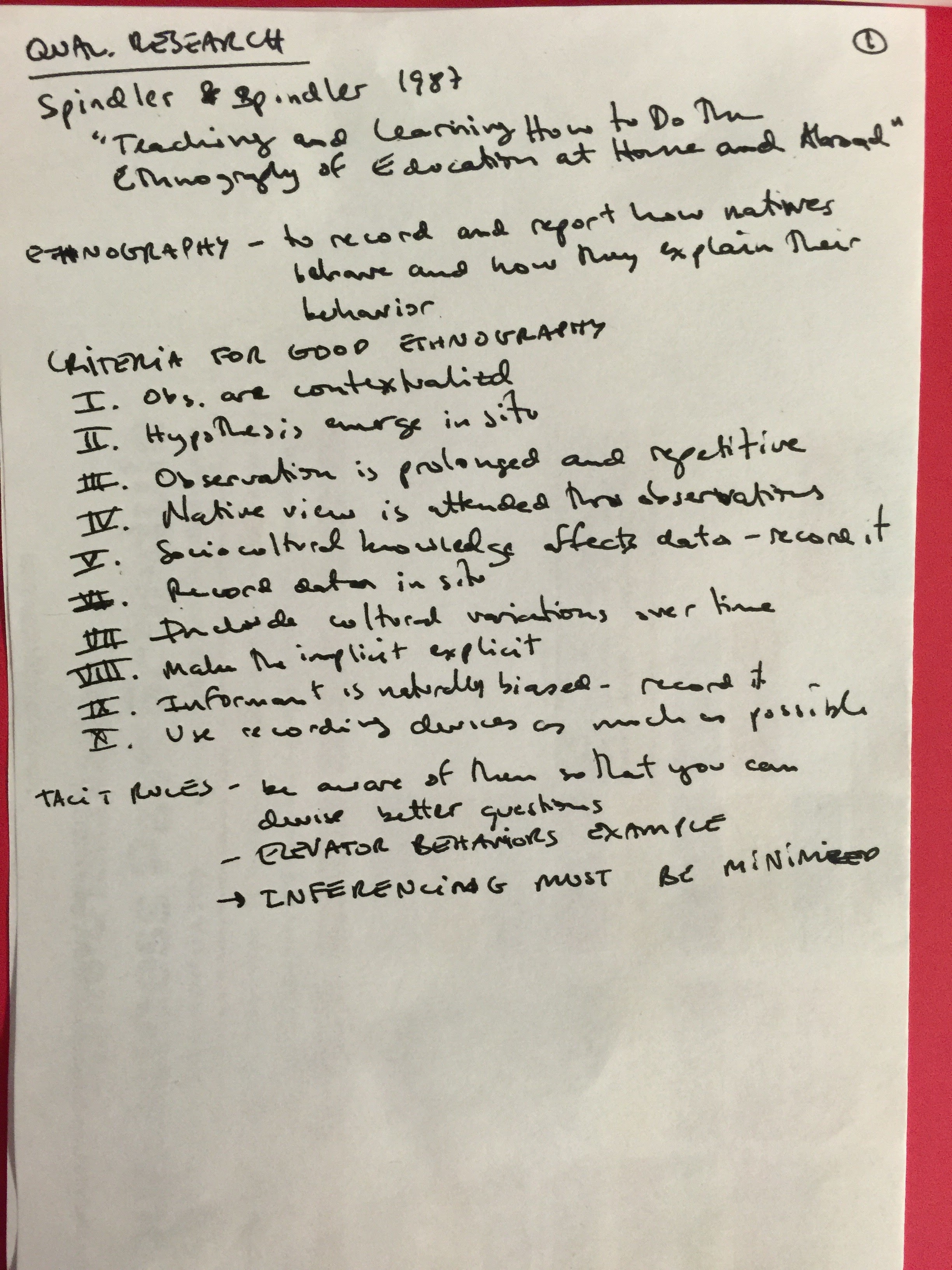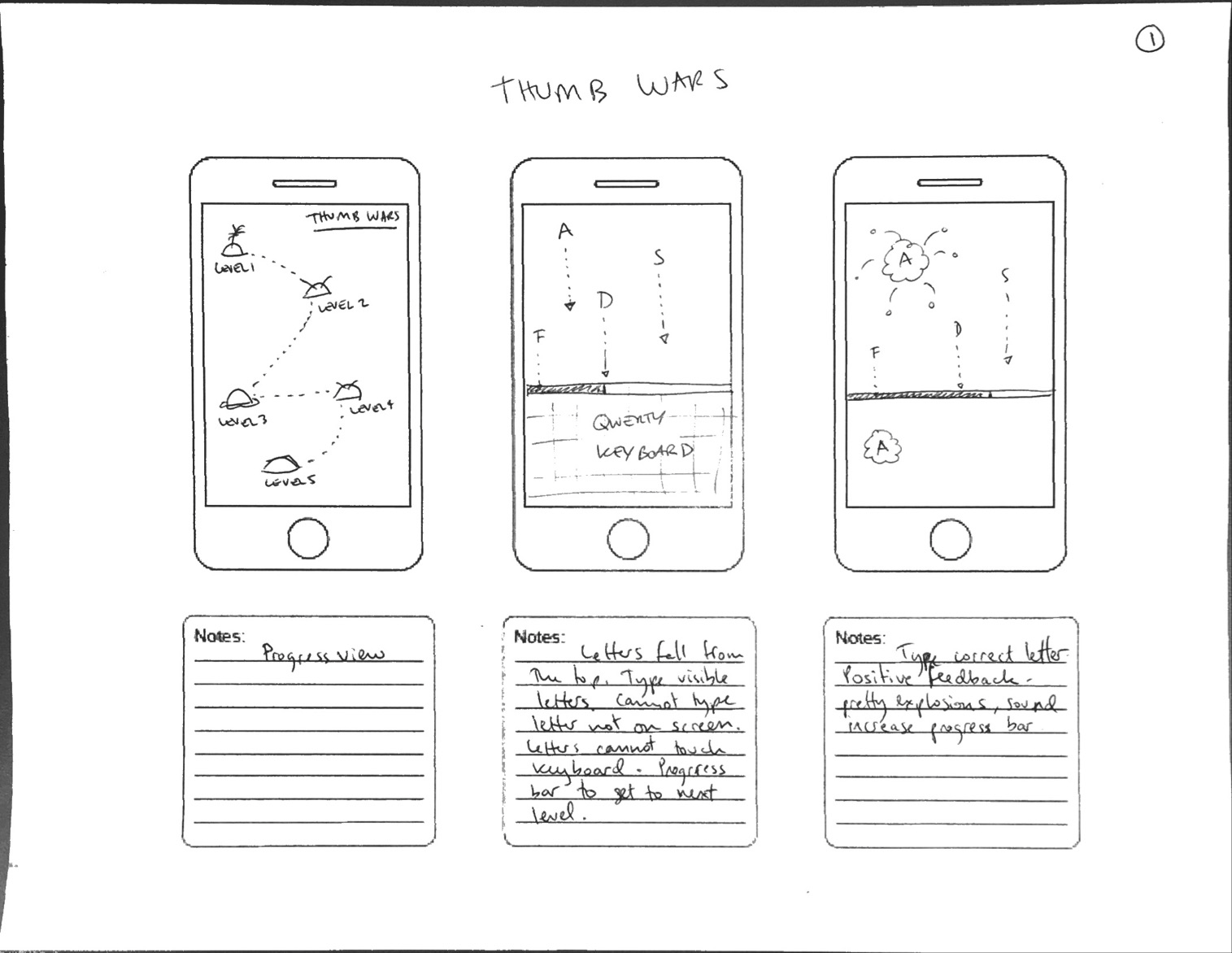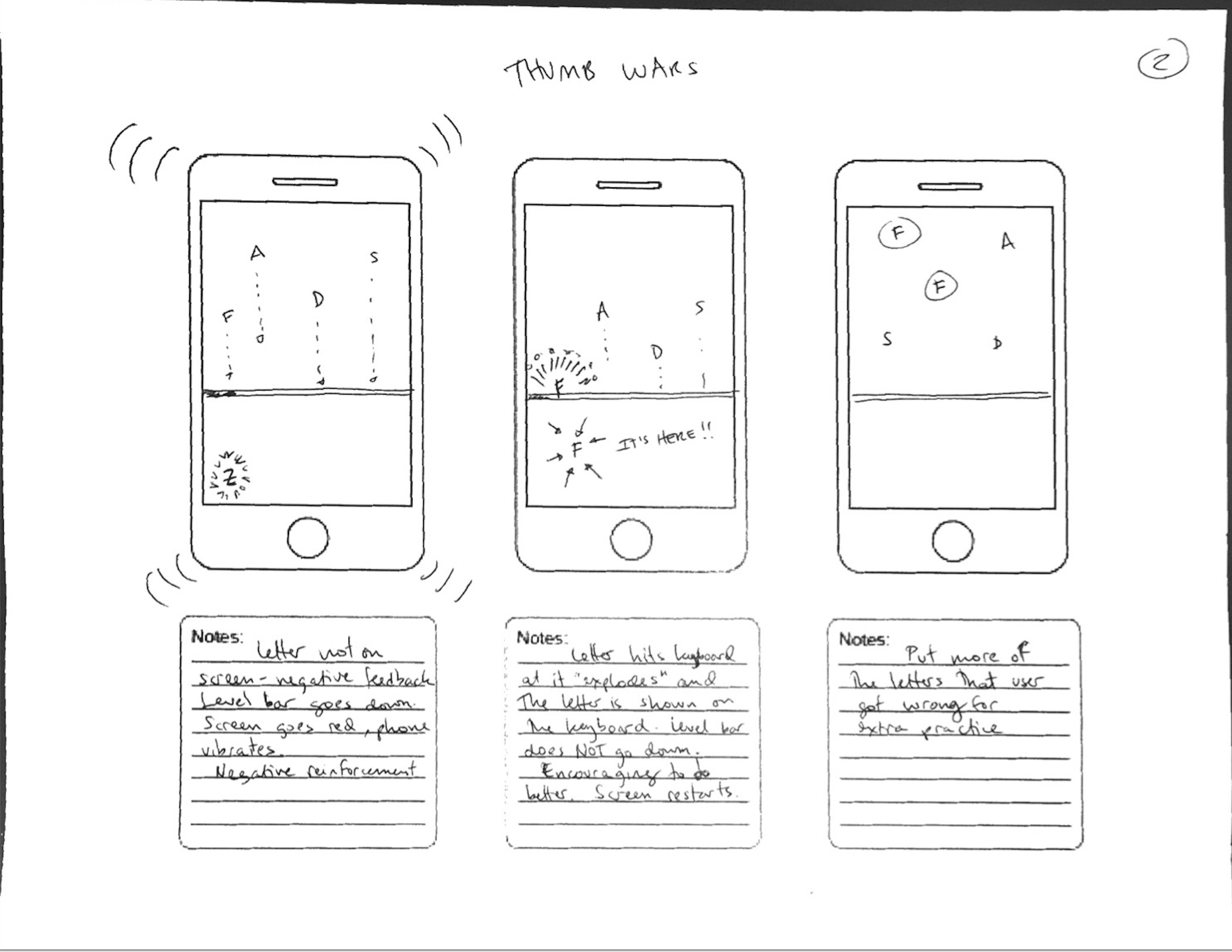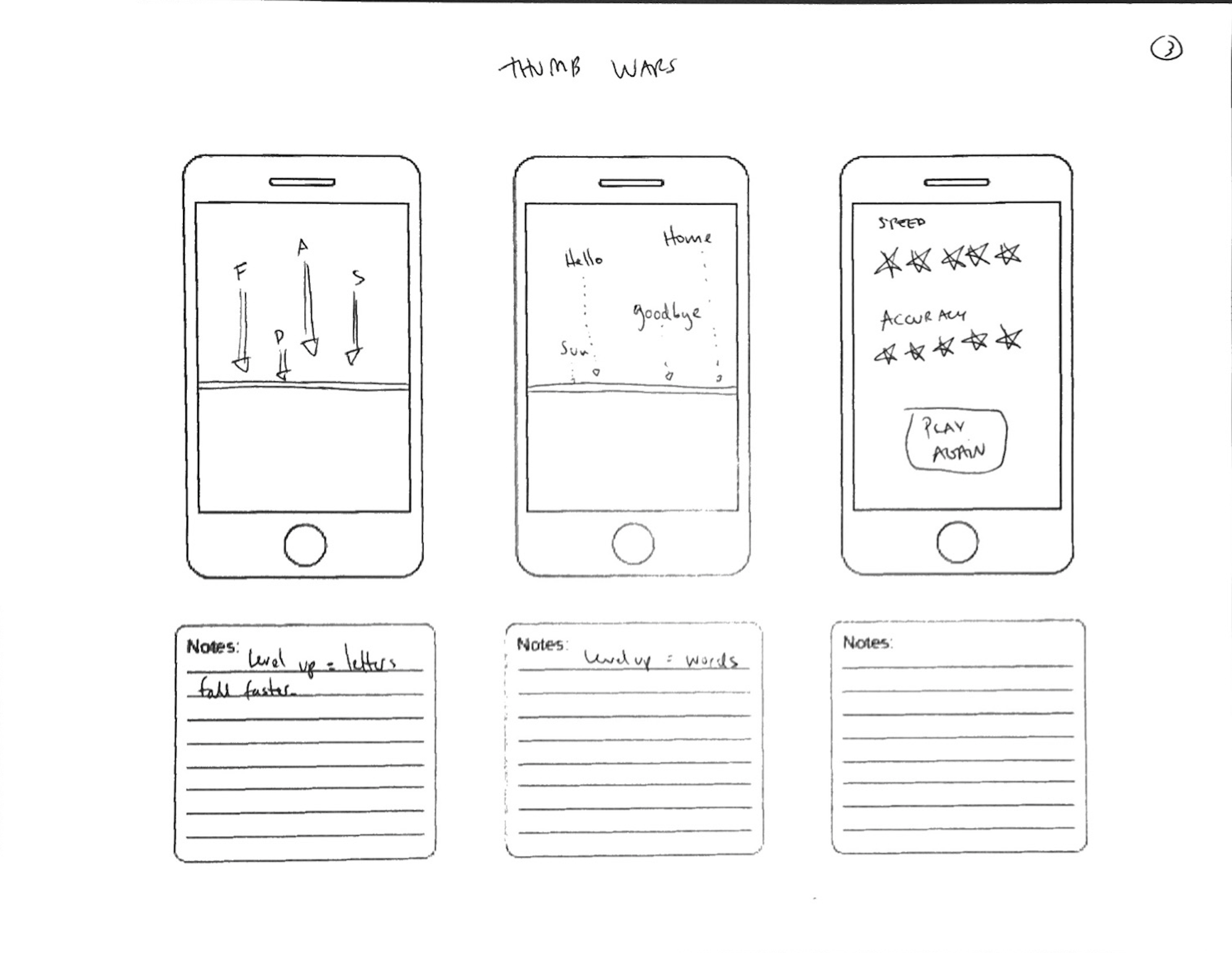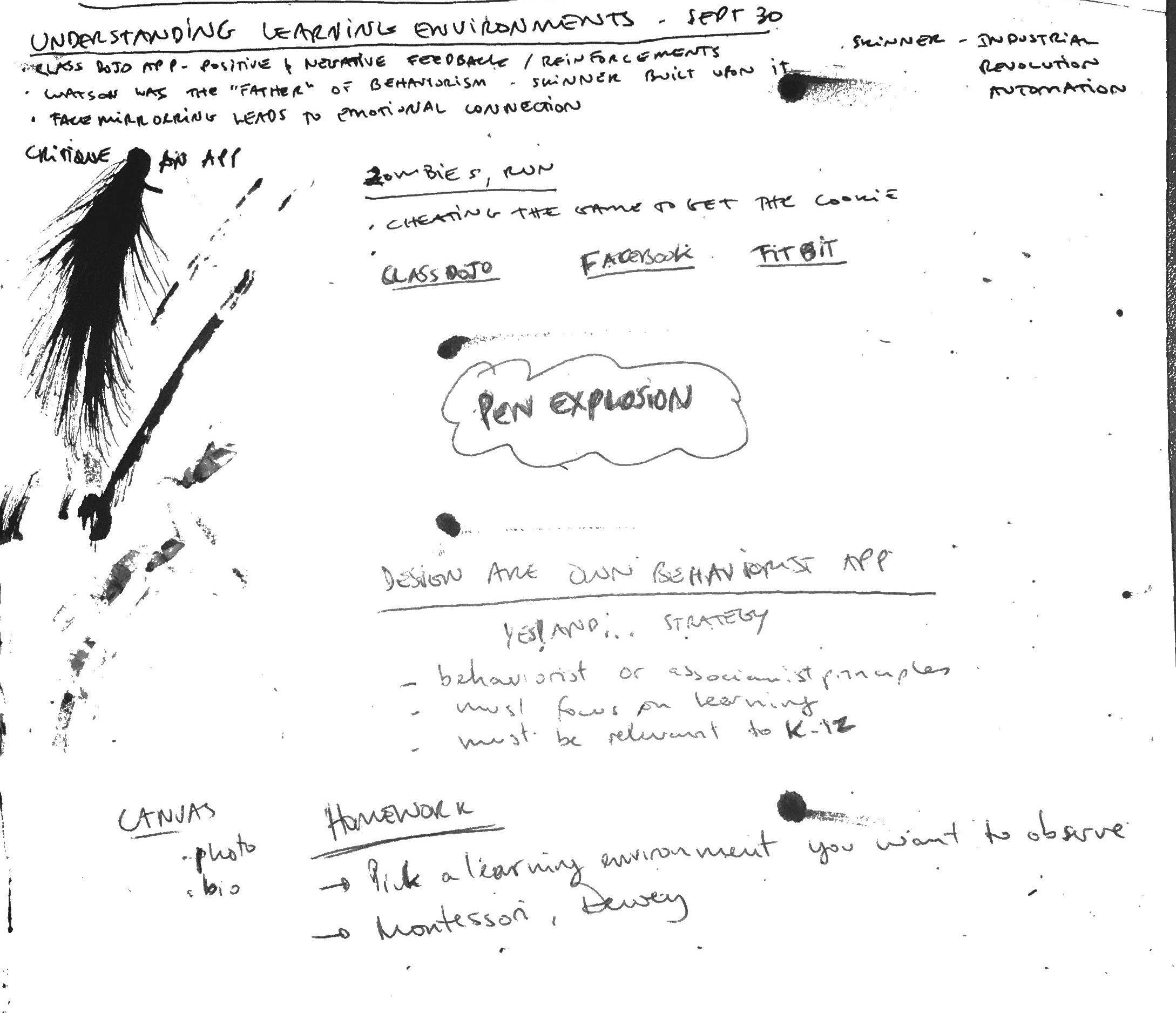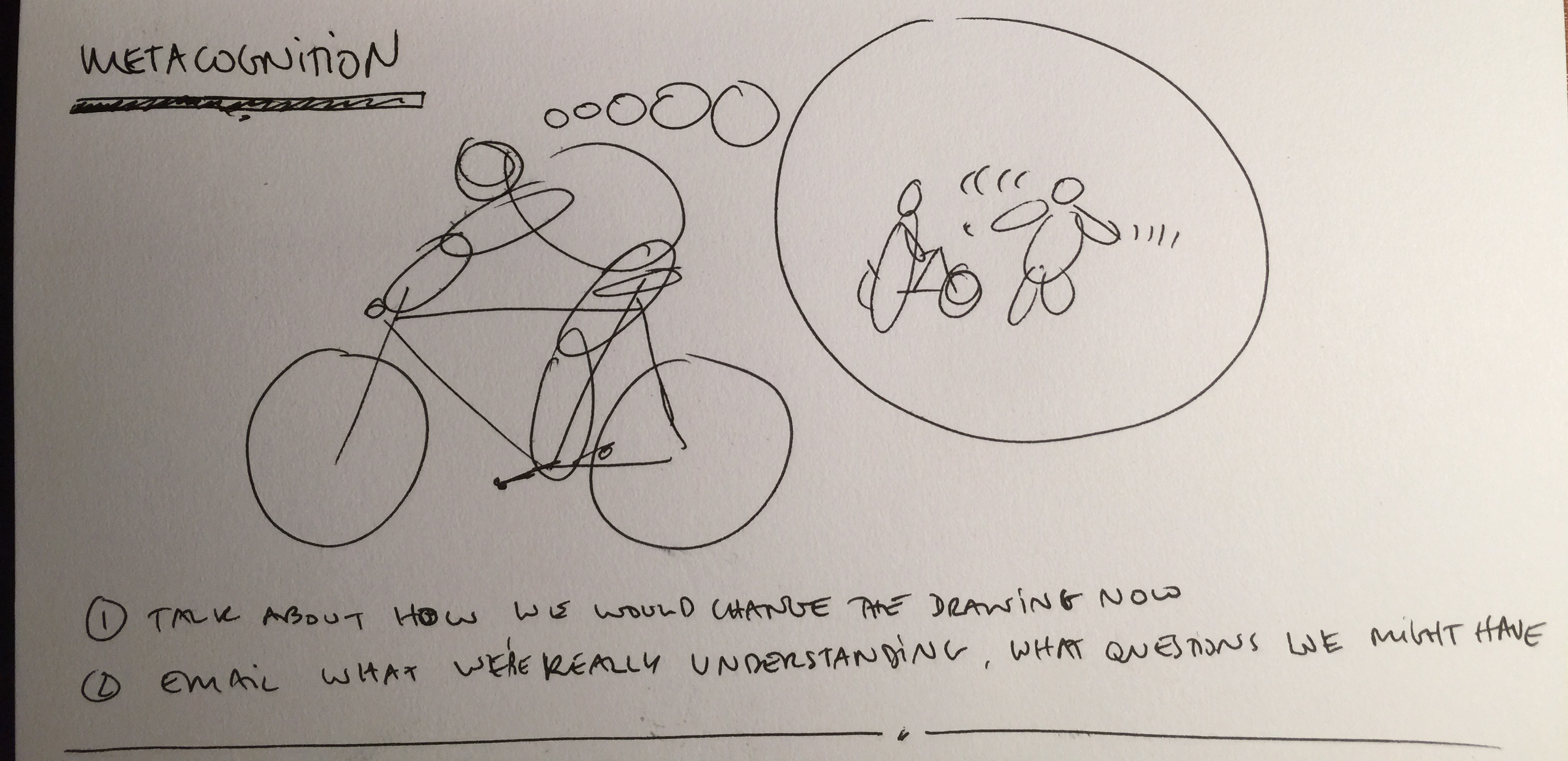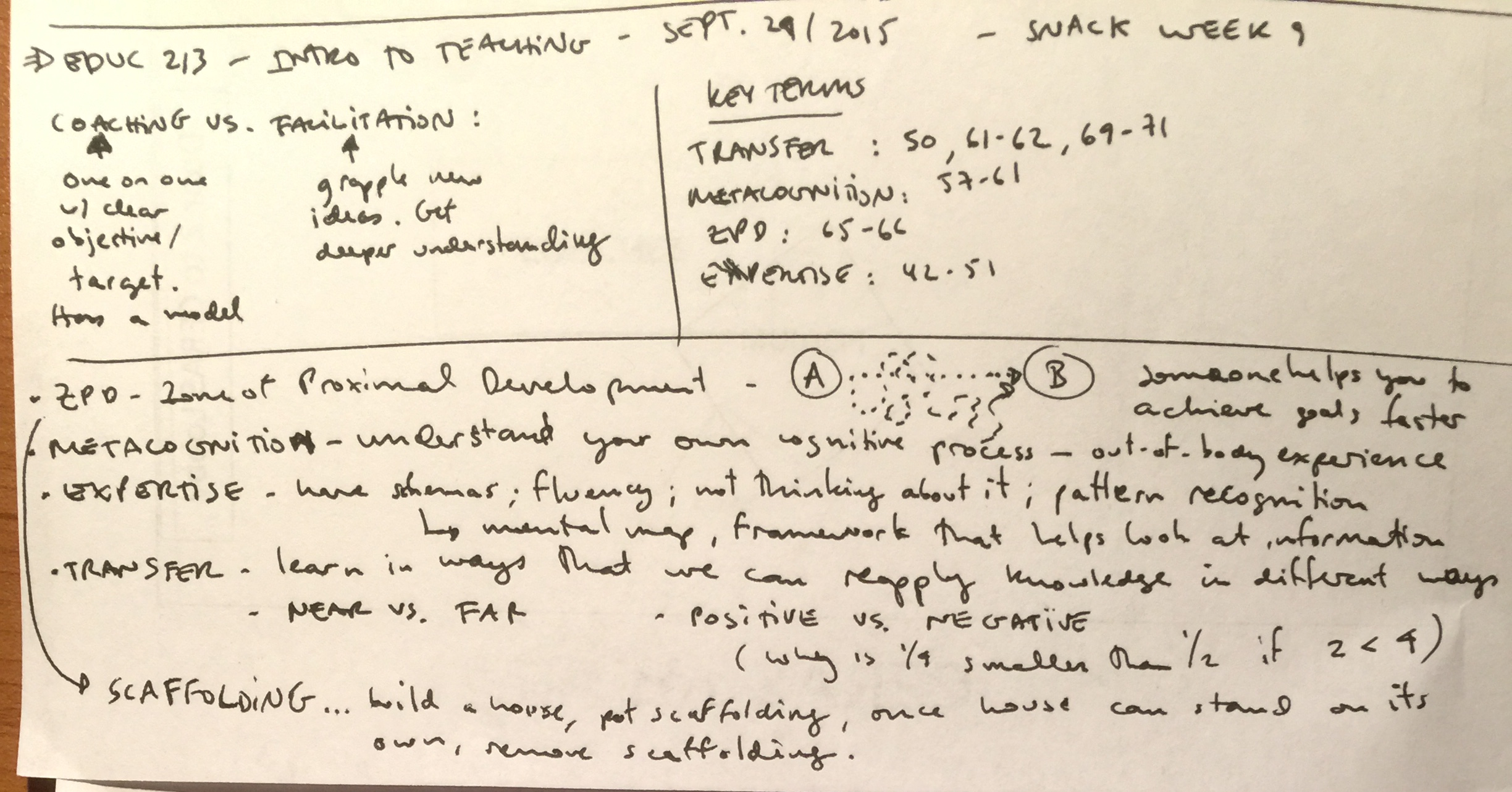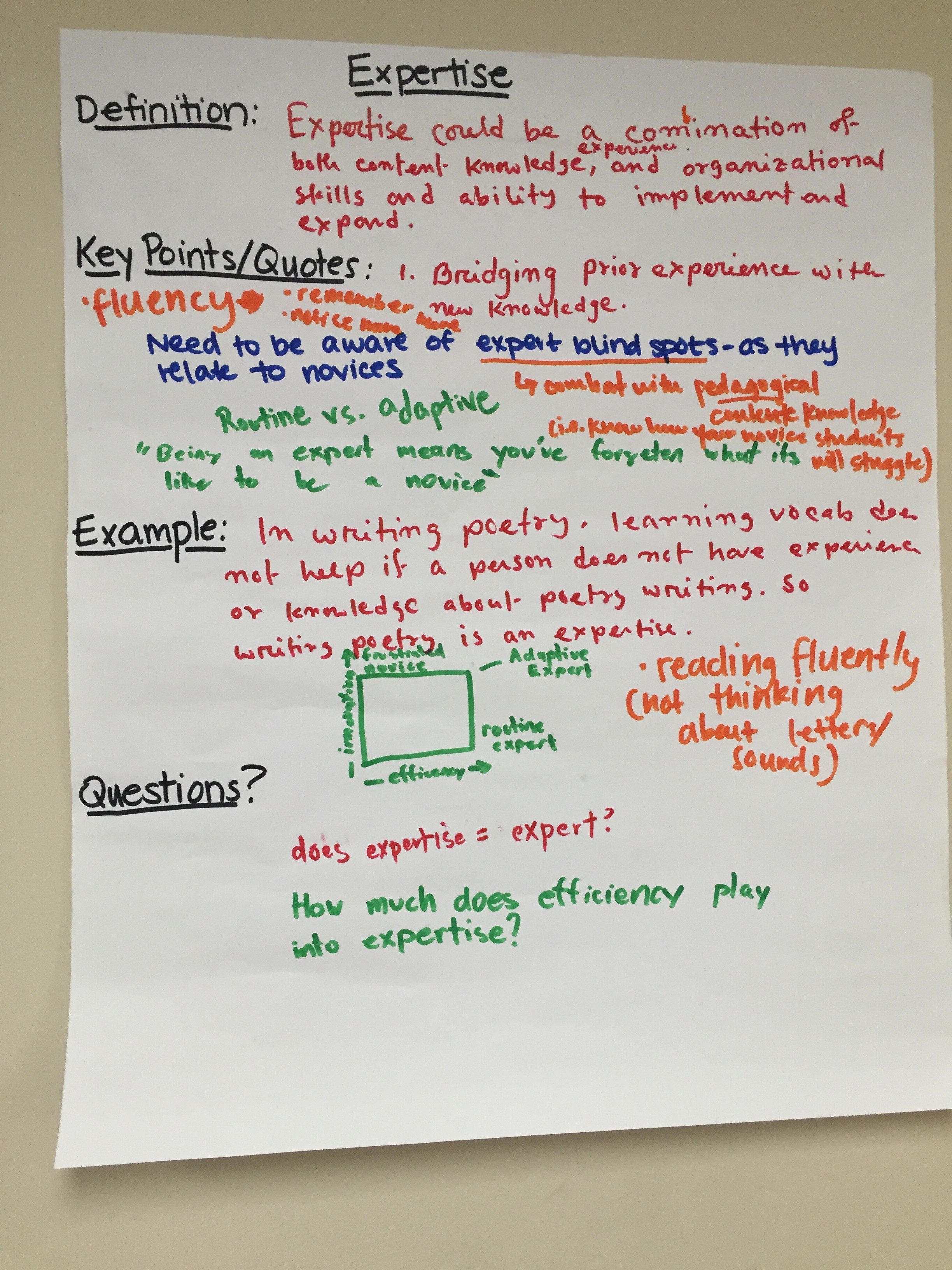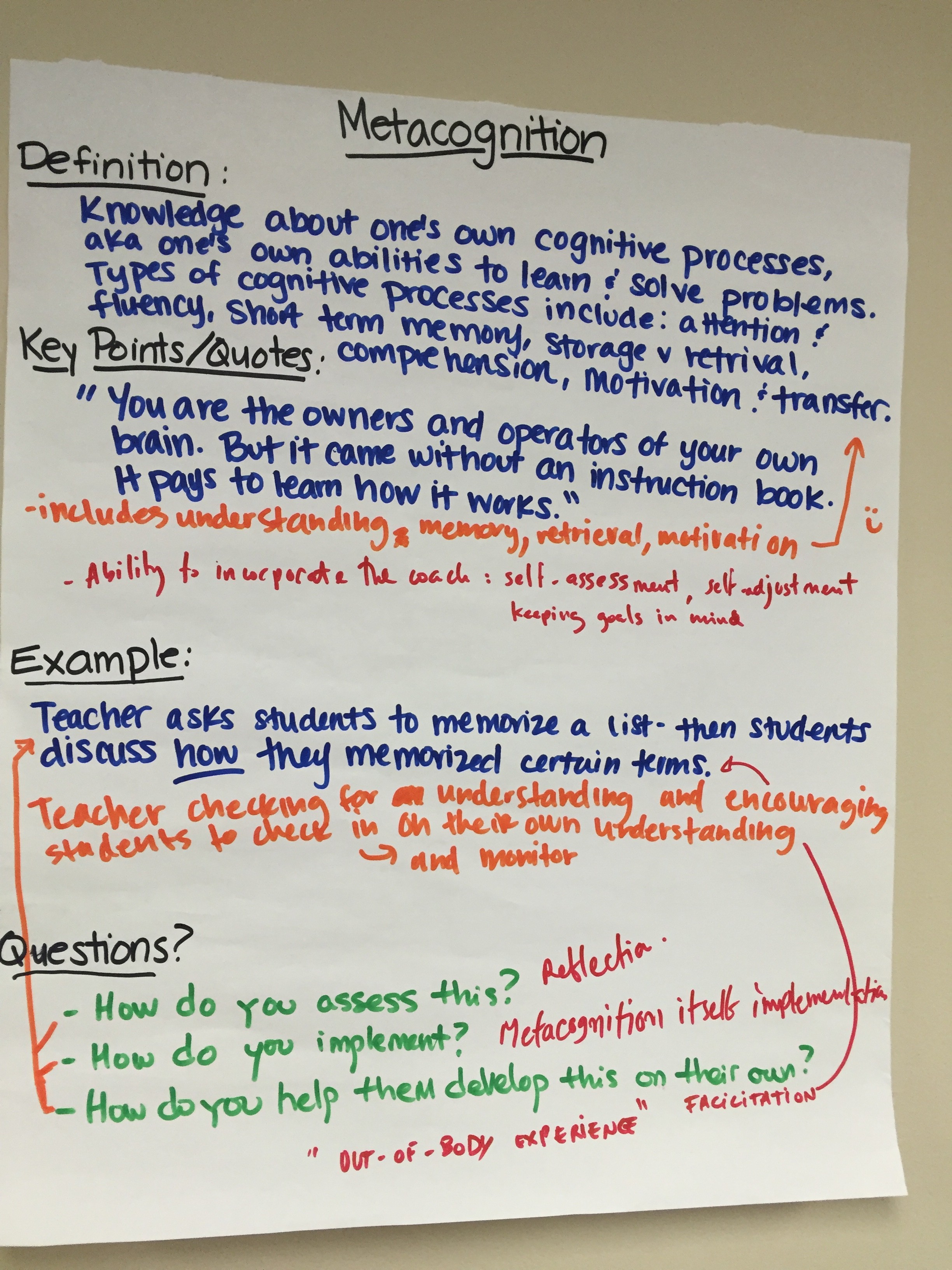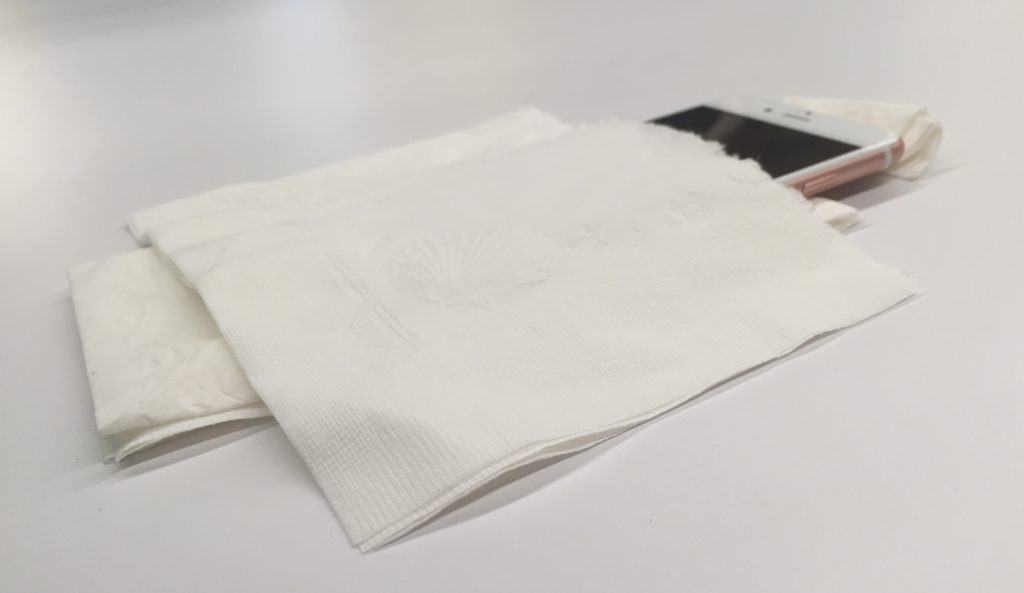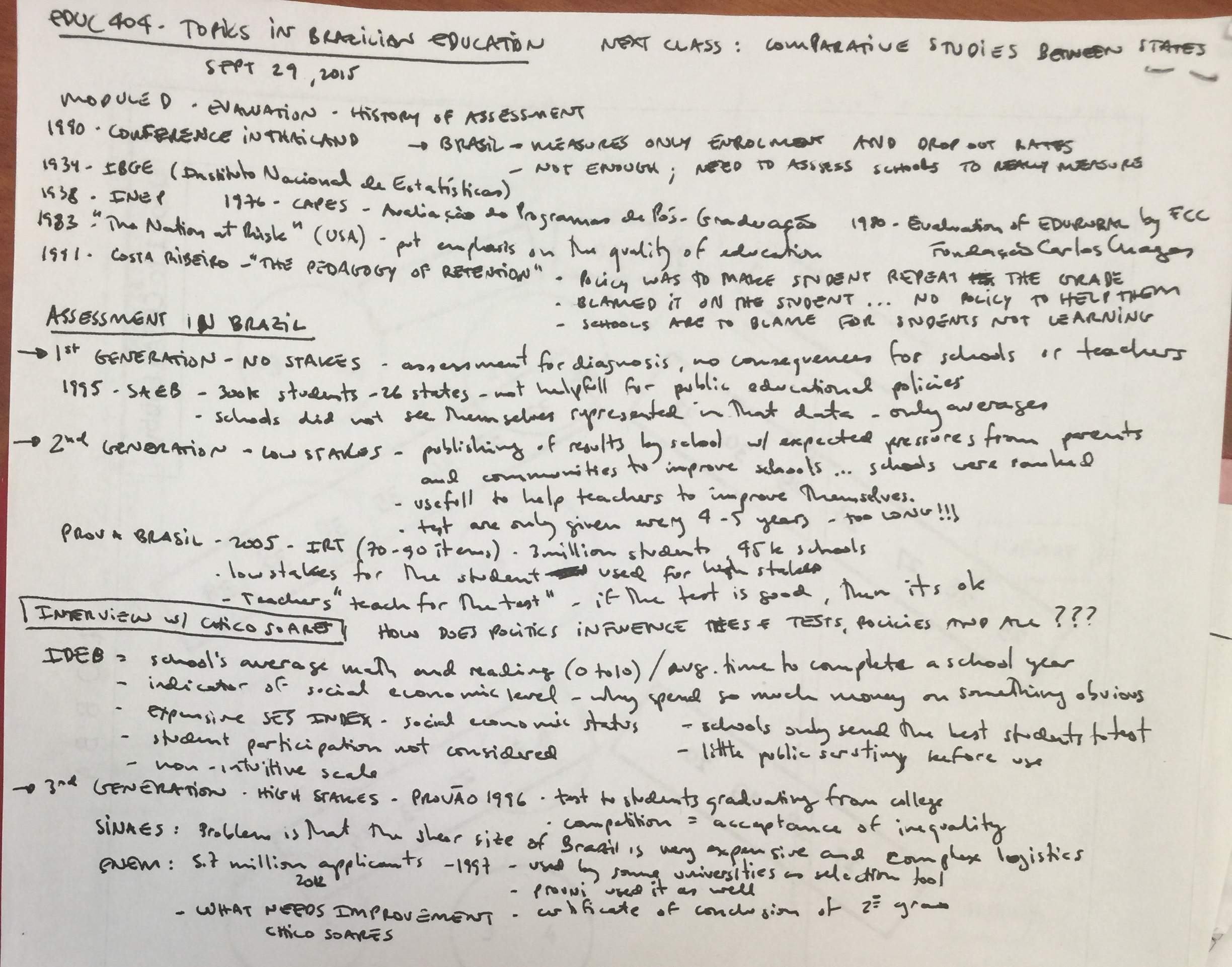We were supposed get a quote from the reading which we found interesting, explain and post it for discussion online. Here’s mine:
“Programmed instruction, with or without machines, was quickly adopted by industry, but the education establishment was not impressed. It was as if the automobile industry had been shown how to build cars in half the time at the cost and had said, “No.” There were reasons for this, of course. The machines were crude, the programs were untested, and there were no ready standards of comparison. Teaching machines would have cost money that was not budgeted. Teachers misunderstood the role of the machines and were fearful of losing their jobs. Nor did a consensus in favor of adopting these machines exist among administrators, school boards, and parents.” (B.F. Skinner, Programmed Instruction Revisited)
It was fascinating to see that the fears and worries of those receiving educational technologies have remained the same for the past 30 years; the fear that the teachers would be substituted and that third parties try to tell schools how to do their job. Why hasn’t this fear been addressed. How come the educational technology industry has not worked towards reducing that impression?
I believe that a previous step is necessary to tackle the issue is to show the teachers and institutions how EdTech is here to aid teachers in process, not to substitute it. The statement at the end of the reading is very unfortunate saying that it is a teaching machine instead of a teaching-aid, since it implies that the machine really does it all and discards the teachers. Teaching-aid feels like a much more appropriate definition and use the “teaching-machine”.
Finally, to claim that the machine teaches is a stretch. It seems to be able to test users about some previously knowledge but not introduce new knowledge.”
The readings:
- “Association of Ideas”, John Locke
- “Walden Two”, B.F. Skinner, 1948
- “Programmed Instruction Revisited”, B.F. Skinner, 1986
- “Psychology as the Behaviorist Views it.”, John B. Watson (1913)
Notes on the readings:

